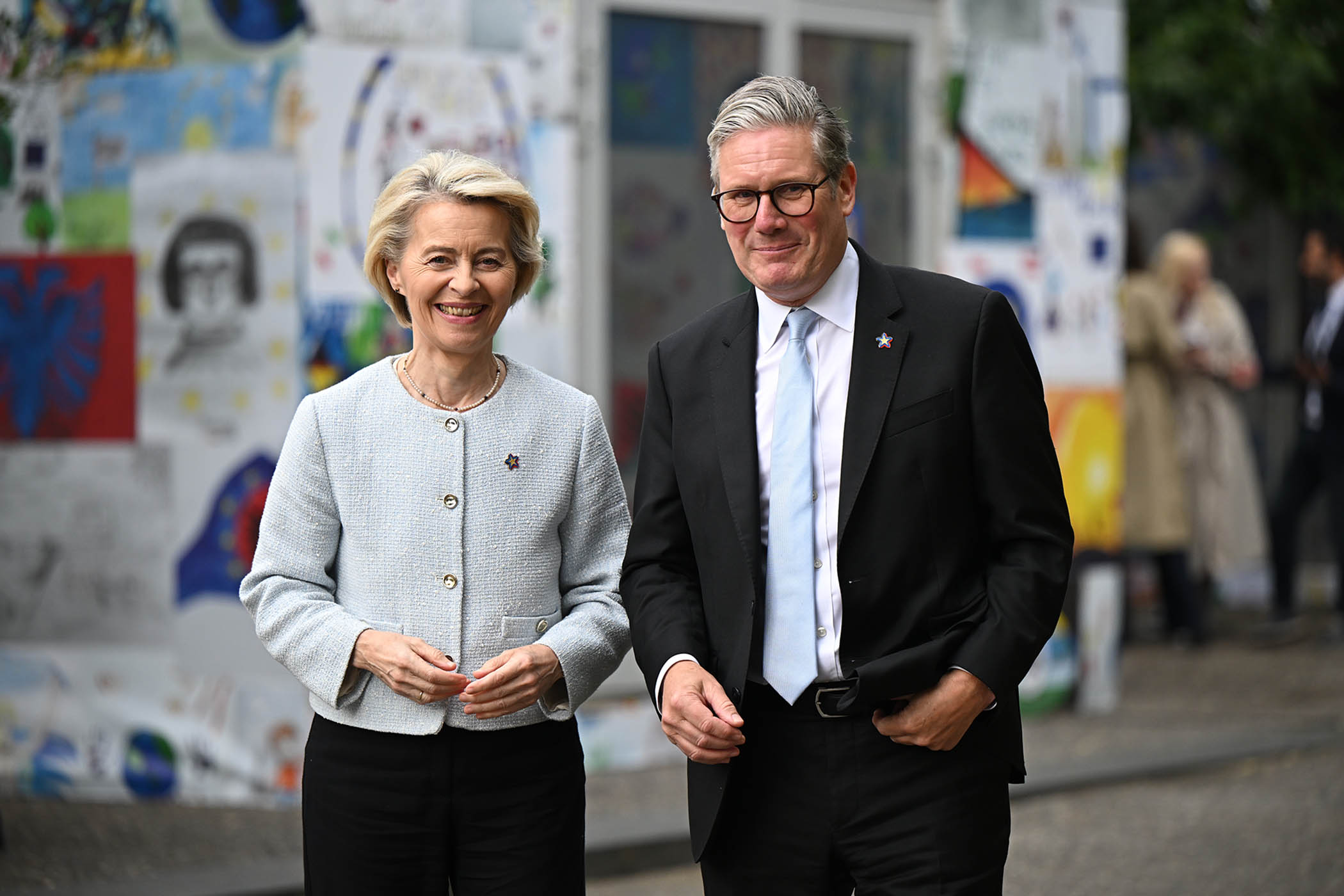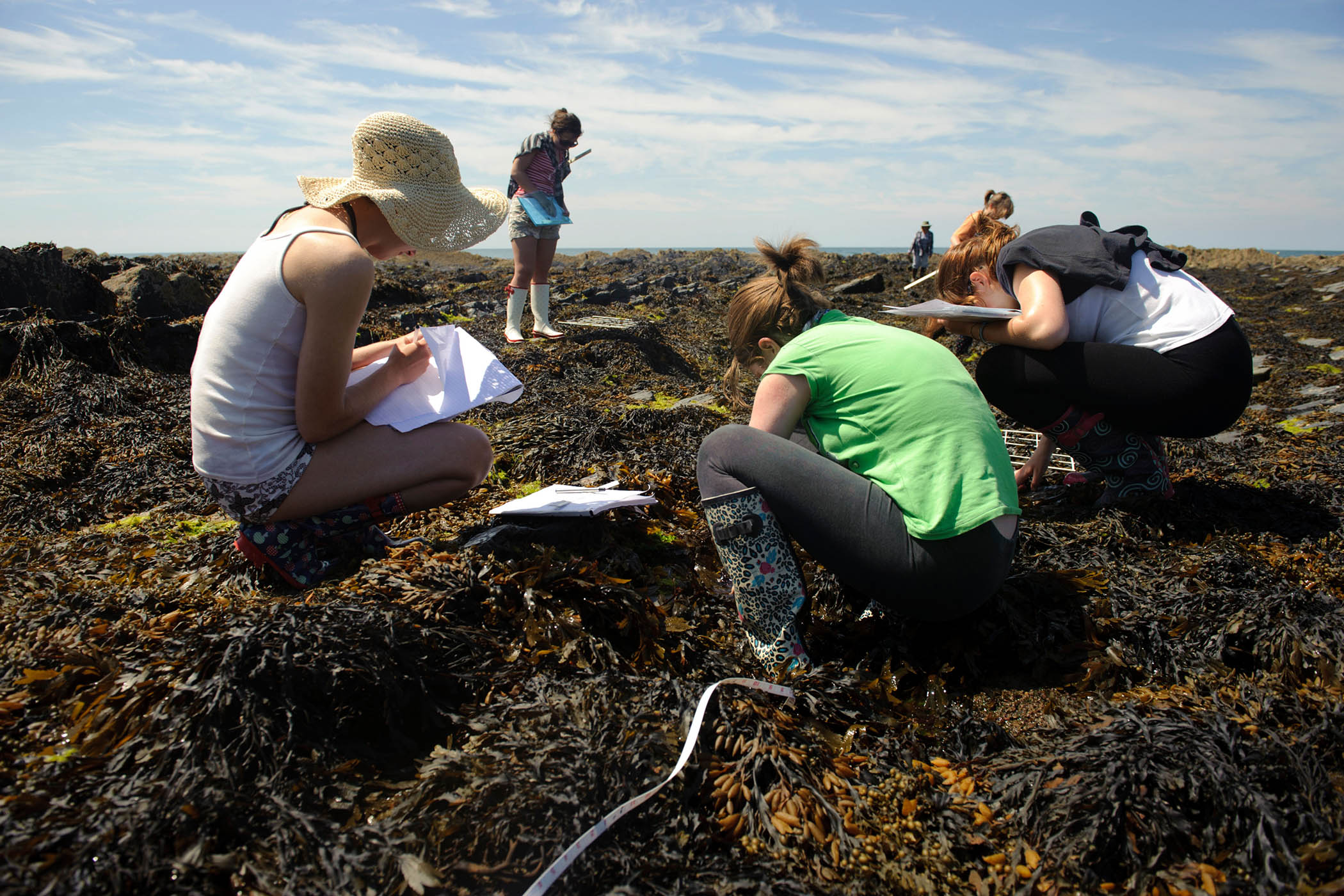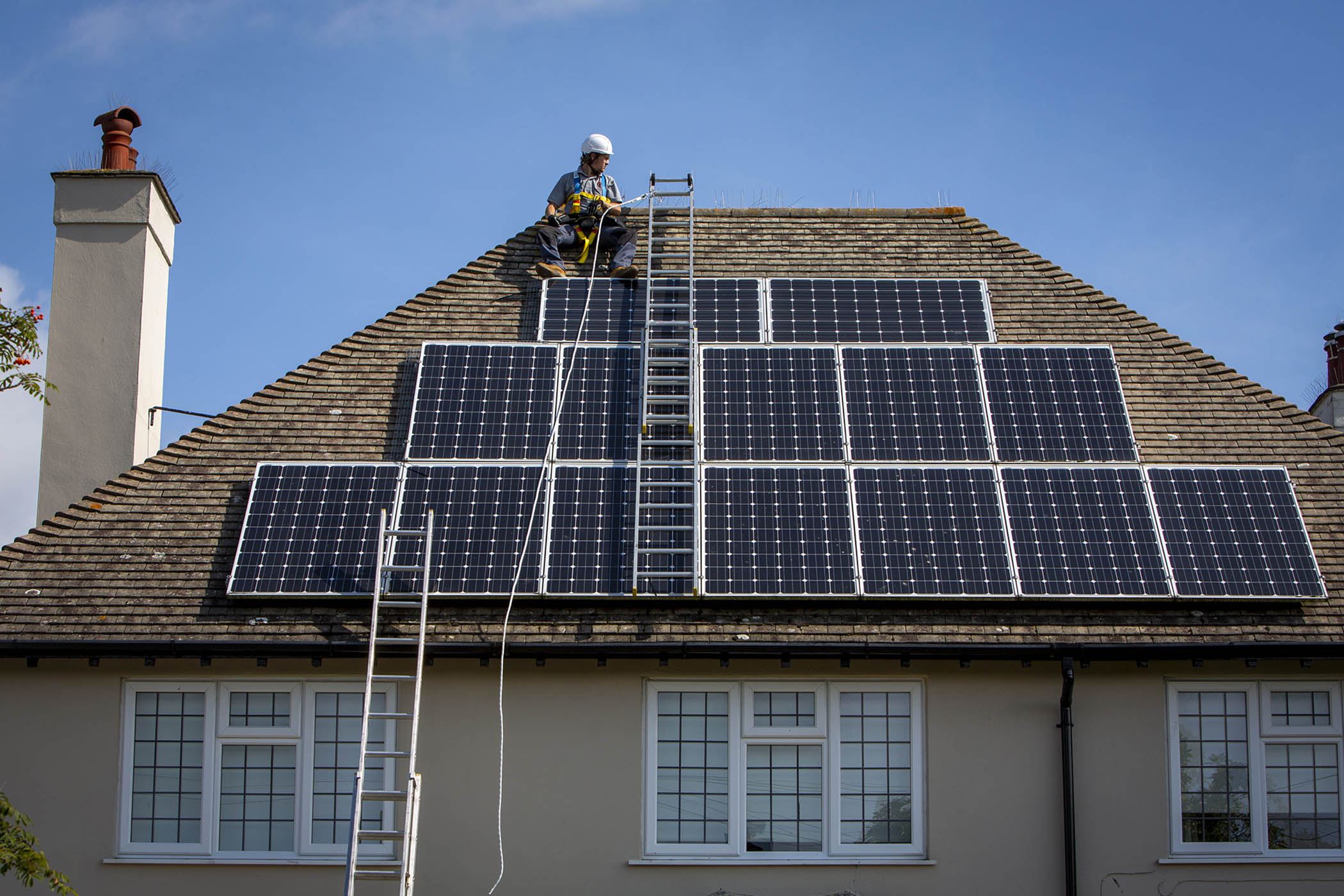
Trump craves our attention, but Europe deserves it more
On Tuesday, President Trump arrives in London on his second state visit. No other US leader has had two. A bruised British government is making the argument that it is a clever piece of statecraft, deploying the royal family to sustain the special relationship.
For what? There is a sensible answer involving commerce, security and culture, but Trump seems determined to undermine it. UK-US trade is shrinking because of tariffs, even if they are not as high as he has imposed on others. American concern for European security amounted last week to a vague expression of presidential unhappiness when Russian drones violated Nato airspace. For culture, read culture wars.
The cliché that Britain and the US share bonds of history and language holds true. What this US administration adds is an unwelcome interest in UK abortion laws and a bogus argument about free speech, without acknowledging the difference between that and hate speech – of the kind Elon Musk now specialises in, as he showed yesterday on the big screens along Whitehall.
As a consequence, the special relationship is more than usually strained. The smiles this week will be plastered on. There will be no public events lest protesters come within earshot of the Trumps. The main event in their programme will be a banquet at Windsor Castle at which Nvidia’s Jensen Huang and other titans of tech will be among the guests of honour, and a £10bn investment in a data centre in Northumberland will be confirmed.
For that, thank Brexit, supporters of the UK’s status outside the European Union say. They claim that a confluence of Silicon Valley money and British tech talent is under way that would not have been possible in Europe. If this were true, the EU would be a data centre desert. In reality, Amazon Web Services alone has dozens of giant server farms across Europe, co-existing profitably with EU regulation that looks more vital by the day.
If the murder of Charlie Kirk proves anything, it is that digital poison runs deep and spills over into the real world. Whatever else Sir Keir Starmer does this week he should resist any temptation to dilute the Online Safety Bill to please his guests.
The prime minister has had a miserable 10 days, losing his deputy to a tax farrago and his Washington ambassador over ties to a convicted paedophile. The former has to be replaced via an election that will air all Labour’s multiplying anxieties in public. The latter was Downing Street’s Trump whisperer. Ordinarily this might not have mattered if the government had good communications with the broader US administration. But that is not straightforward. Only Trump speaks for Trump, and his mood and focus swing wildly. He has at least been consistent in his fondness for British royalty and sycophancy. This visit ticks both boxes and is therefore in the national interest, narrowly defined. But it’s also a reminder: the relationship Britain really needs to cultivate is with a Europe that shares its values and half its trade.
Growth is possible
All of Sir Keir’s difficulties would shrink if he could get the economy to grow. Wage growth and investment in public services would reassure voters, calm his party and put small boats in perspective. He has allowed a narrative to take hold that turning the economy round is beyond him, but it is not. Britain has the best universities and the most advanced tech workforce outside America. They can become the basis of a trillion-pound tech economy with the right policies. Stamp duty and tax relief on private pensions and Isas can and should be reformed to incentivise investment in the UK tech sector. That is the kind of thing an historic Commons majority is for. As Will Hutton asks (pp 42-43), if not this, then what, and when?
Photograph by Leon Neal/Getty Images



